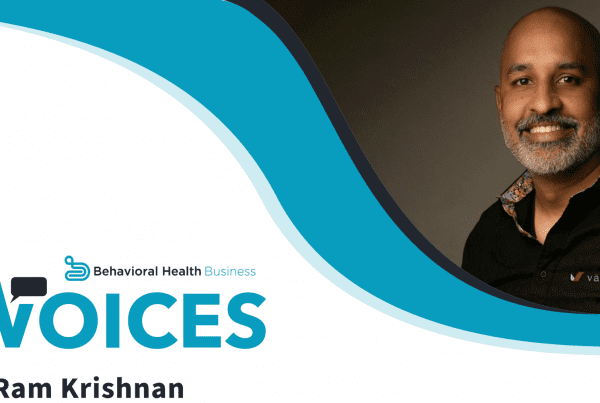How to Become a Therapist:
Becoming a therapist is a rewarding journey that involves specialized education, certification, and a passion for helping others. Let’s explore how to become a therapist, the various types of therapists, and the qualifications needed for this fulfilling career.
1. Educational Requirements
- Bachelor’s Degree: Start by earning a bachelor’s degree in psychology, sociology, or a related field. This foundational knowledge provides a solid base for further studies.
- Master’s Degree: Most therapist positions require a master’s degree in counseling, psychology, or a specific therapy specialization. Programs typically take 2-3 years to complete.
- Doctoral Degrees: Some therapists pursue doctoral degrees (Ph.D. or Psy.D.) for advanced expertise. However, it’s not necessary to begin practicing.
2. Types of Therapy Specializations
There are various types of therapists, each specializing in different areas:
- Marriage and Family Counselors: Focus on relationships, individual behaviors within families, and couples’ dynamics.
- Addiction Therapists: Specialize in helping clients overcome substance abuse issues.
- Behavioral Therapists: Assist clients with mental health challenges, such as ADHD, by developing coping strategies.
- Child Therapists: Treat emotional and behavioral disorders in children and adolescents.
- Clinical Therapists: Address mental health issues through counseling and therapy.
See More Clients and Improve Outcomes
Streamline your practice and achieve better outcomes with a practice management software built for data-driven therapists.
3. Certification and Licensing
Obtaining certification and licensure is a crucial step in how to become a therapist. Certification enhances credibility and can lead to advanced career opportunities, while licensure is a legal requirement to practice in most states. Below is a detailed table outlining the main types of certifications and licensure requirements along with links to the relevant resources.
| Certification/Licensure | Description | Requirements URL |
|---|---|---|
| National Certified Counselor (NCC) | The NCC is the flagship certification offered by the National Board for Certified Counselors (NBCC). | https://www.nbcc.org/certification/ncc |
| Specialty Certifications | Additional certifications for specific areas such as school counseling, addiction, or clinical mental health. | https://www.nbcc.org/certification/specialtycertifications |
| State Licensure | Required to legally practice as a therapist in most states. | https://www.counseling.org/knowledge-center/licensure-requirements https://nbcc.org/licensure |
4. Job Search and Career Paths
- Private Practice: Many therapists establish their own private practices. Consider creating a business plan and exploring resources for starting a practice.
- Clinical Settings: Some therapists work in hospitals, mental health centers, schools, or community organizations.
- Specializations: Explore areas like marriage and family therapy, trauma counseling, group therapy, or addiction treatment.
Remember, empathy, active listening, and a genuine desire to help others are essential qualities for any therapist. Whether you choose to specialize in marriage counseling, addiction therapy, or behavioral therapy, your impact on people’s lives can be profound.
Starting Your New Practice
Private Practice Business Plan Template
Learn the benefits of developing a private practice business plan and download a free template.










